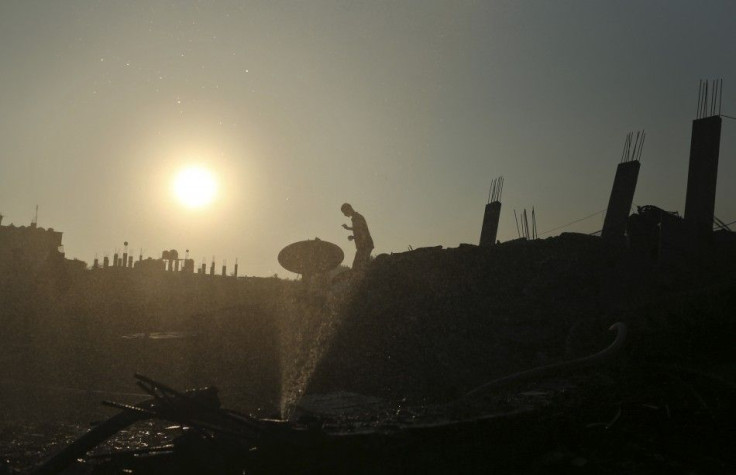Climate Change Can Increase the Probability of Kidney Stones
A rise in temperature is seen to cause an increase in kidney stones among people

A hot weather is the best type of climate enjoyed by everyone, but it has also proven to have an adverse affect on your kidneys, causing an increasing growth of kidney stones among people. A seven-year study in several major U.S. cities on 60,433 patients and an examination of the U.S weather proves it.
Doctors at the Children's Hospital of Philadelphia conducted the study which was published in the journal Environmental Health Perspectives. The study shows that as the daily temperature rose to 50 degrees Fahrenheit, in some residents of Atlanta, Chicago, Dallas and Philadelphia, the risk of kidney stones increased. It was not seen in Los Angeles though.
Gregory T Tesian, lead author, said, "We found that as daily temperatures rise, there is a rapid increase in the probability of patients presenting over the next 20 days with kidney stones." The major determining factor they believed was the number "hot" days the city experiences, which is the daily mean temperature and not the annual mean temperature. Cities with higher daily mean temperature were more likely to cause kidney stones among their residents.
Approximately half a billion people in the U.S. are taken to emergency rooms due to kidney stones. The situation is only getting worse with 1 in every 11 people, said the 2011 report, experiencing kidney stones. It is also speculated that rising temperatures may cause dehydration, resulting in a mineral build up in the urine, the root cause for kidney stones.
Kidney stones have been increasing for the last 30 years. "We can expect this trend to continue, both in greater numbers and over a broader geographic area, as daily temperatures increase," Tasian said. "With some experts predicting that extreme temperatures will become the norm in 30 years, children will bear the brunt of climate change."
There is no accurate reason for their rise, some assume it is related to the changes in diet and fluid consumption. "Perhaps it also relates to the scourge of heat that's marked the planet's recent climate", the researchers wrote.





















